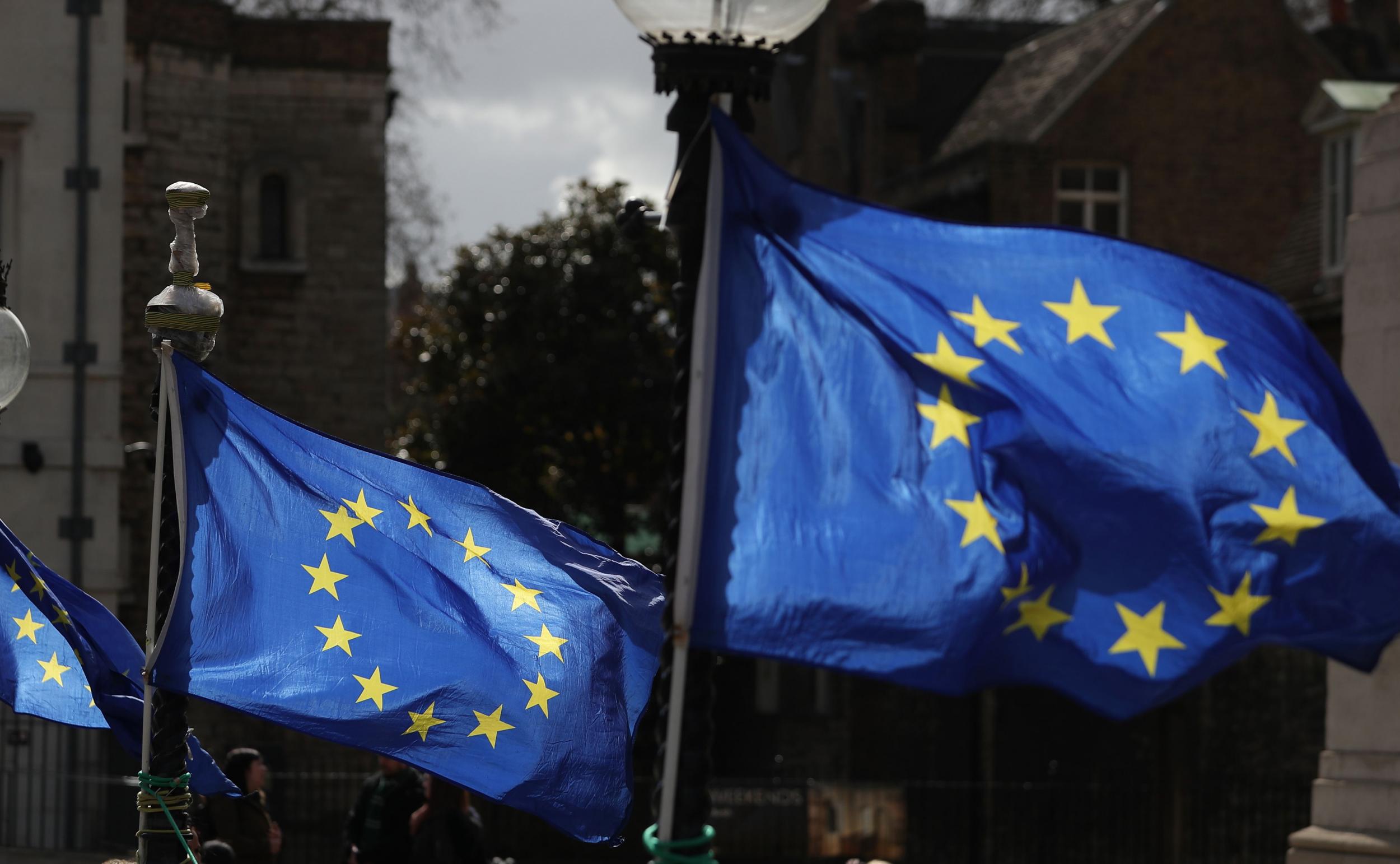Give EU nationals in UK a physical document, Scotland, Wales and Northern Ireland tell Home Office
Devolved administrations warn digital-only status risks ‘confusion and discrimination’

Your support helps us to tell the story
From reproductive rights to climate change to Big Tech, The Independent is on the ground when the story is developing. Whether it's investigating the financials of Elon Musk's pro-Trump PAC or producing our latest documentary, 'The A Word', which shines a light on the American women fighting for reproductive rights, we know how important it is to parse out the facts from the messaging.
At such a critical moment in US history, we need reporters on the ground. Your donation allows us to keep sending journalists to speak to both sides of the story.
The Independent is trusted by Americans across the entire political spectrum. And unlike many other quality news outlets, we choose not to lock Americans out of our reporting and analysis with paywalls. We believe quality journalism should be available to everyone, paid for by those who can afford it.
Your support makes all the difference.The Scottish, Welsh and Northern Irish governments have urged the Home Office to provide EU nationals in Britain with a physical document to prove their post-Brexit immigration status, or risk “confusion and discrimination”.
A letter to immigration minister Kevin Foster, sent jointly from Scotland’s Europe minister, Wales’s social justice minister and the Northern Ireland executive’s first and deputy first ministers on Wednesday, warns of “a number of difficulties” EU citizens are facing in not having physical proof of their status.
Following Brexit, EU and EEA nationals and their family members who wished to stay in Britain have had to apply to the EU settlement scheme or otherwise face automatically becoming undocumented.
The Home Office says it provides successful applicants with only a digital copy of their status to ensure they can “constantly access proof of their status” and that it is in keeping with the “shift towards digital status in all areas of life”.
However, the devolved administrations warn that denying EU nationals a physical document, thus having “two types of proof for to groups”, would lead “at best to confusion and at worst to discrimination”.
In their letter to the minister, they warn that digital-only proof made it difficult for EU citizens to prove their status to employers, who can face a threat of civil penalties for failing to conduct right to work checks correctly.
“As you know, currently EU citizens must request a digital code and send this to the employer who then checks the citizen’s immigration status on the UK government’s website,” the letter states.
“This process may be considered bureaucratic and slow, and deter employers from offering work to EU citizens. Faced with two candidates – one with physical proof and one with digital proof – employers may find it easier to offer work to the former.”
They also raise concern about vulnerable EU citizens, such as the elderly and people with mental and physical impairments, who may have poor digital literacy skills or simply not have routine access to the internet, and therefore struggle to prove their status.
“An individual’s vulnerability can change overtime, including their digital skills. People in controlling or abusive relationships may be particularly harmed by the lack of physical proof. Perpetrators of domestic violence take control of victims’ email accounts and phones,” the letter adds.
The ministers point out that the UK government offers a physical back up to digital vaccine passports, with the digital NHS Covid pass enabling people to share their vaccination records - but also with the ability to request a paper copy of their pass.
They state: “If the UK government can offer safe and secure paper vaccine passports, it can do the same for EU citizens’ immigration status and QR technology means such documentation is extremely hard to tamper with or forge.”
It comes as government figures reveal 6,159,800 applications had been received by the EU settlement scheme at the end of August, though 7.3 per cent (450,600) of these are yet to be concluded - raising wider concerns about how these individuals can prove their status.
Luke Piper, head of policy at th3million, a campaign group that has been campaigning for a physical document for EU nationals, said: “We are very pleased that the devolved administrations see the problems we do with a digital-only system. We continue to receive numerous complaints of problems via our Report-It tool and they are growing.
“It’s time to do the right thing, and give people a physical backup.”
A Home Office spokesperson said the department was developing a border and immigration system that is “digital by default” for all foreign nationals, which they said meant that over time physical and paper-based products and services would be “increasingly replaced with accessible, easy to use online and digital services”.
“Physical documents may get lost or expire but digital status will not, and can be accessed any time. It is quick and easy to share digital status with employers, landlords and other organisations and between October 2019 and June 2021, the online checking service saw 640,000 profile views by organisations checking immigration status,” they added.
Join our commenting forum
Join thought-provoking conversations, follow other Independent readers and see their replies
Comments